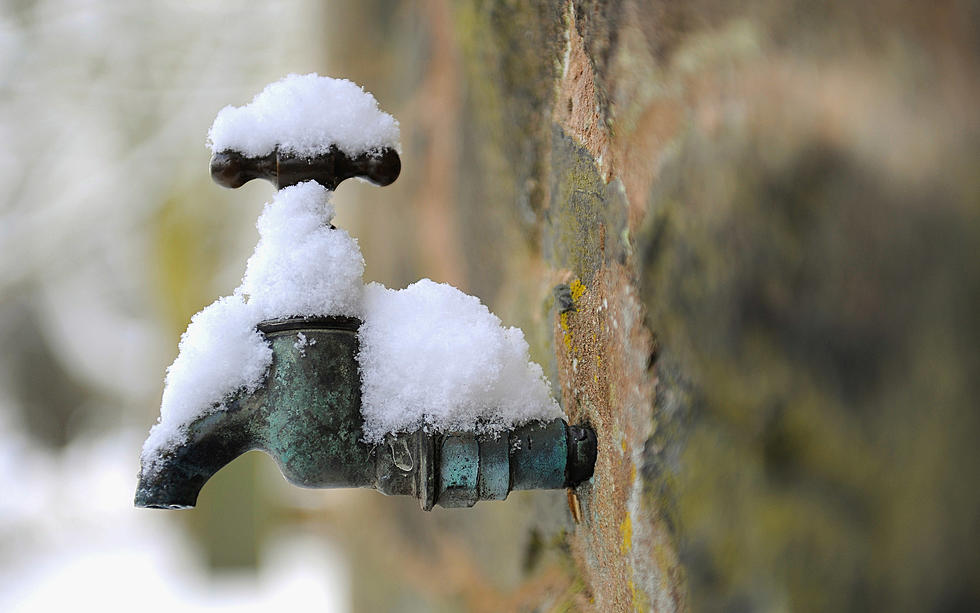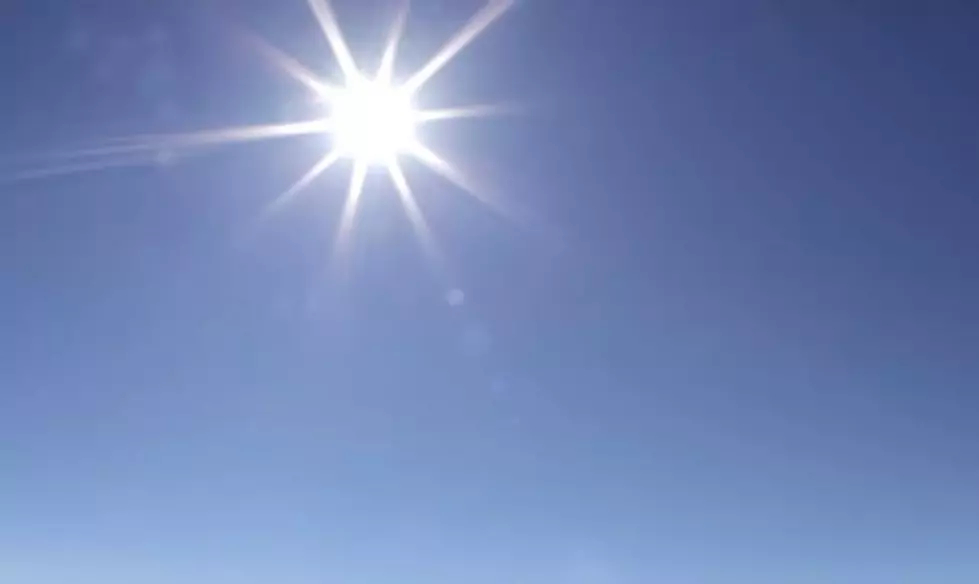
Louisiana’s Sweltering Summer Raises Questions About What Winter Will Bring
It is no secret that the summer of 2023 has etched its scorching mark in the history books, as one of the hottest and driest summers on record here in Louisiana. With over a month's worth of triple-digit days, residents across the state are now left wondering if this searing heat is a precursor to an equally extreme winter.
This past summer, extreme heat, and excessively dry conditions resulted in a burn ban that lasted for most of the season and left Louisiana residents on edge. It really was a long, hot, Louisiana summer.
According to data from extremeweatherwatch.com, Louisiana endured over a month's worth of 100-degree days this summer. In total, from July 18th to September 23rd, Louisiana recorded a staggering 36 days with temperatures surpassing the 100-degree mark.

Was our brutally hot Louisiana summer foreshadowing an extremely cold winter?
While there is a common belief that an exceptionally hot summer could foreshadow a particularly cold winter, meteorological experts say otherwise. As much as we wish the extreme summer heat we experienced meant we could actually have a white Christmas, it doesn't sound like that's the case.
According to Spectrum News 1, there is no scientific basis to link summer weather patterns with those of the winter months. Climatologists and meteorologists rely on complex scientific analysis and climate data to predict winter weather, and summer weather provides no reliable indicator.
Was this weather myth debunked?
WTOL in Ohio recently debunked the "hot summer, cold winter" myth, concluding that the two seasons have no significant influence on each other. In light of these facts, NOAA has released its winter forecast, which shows near-normal weather conditions for our region. The forecast also predicts above-average precipitation for December through February, can we get an 'AMEN!'?
Fingers crossed that we can bid farewell to the scorching summer soon. One thing is for certain we can rest assured that while the Louisiana heat this summer was indeed brutal, it provides no certain clues about the forthcoming winter.
LOOK: The most expensive weather and climate disasters in recent decades
Gallery Credit: KATELYN LEBOFF
More From Hot 107.9








